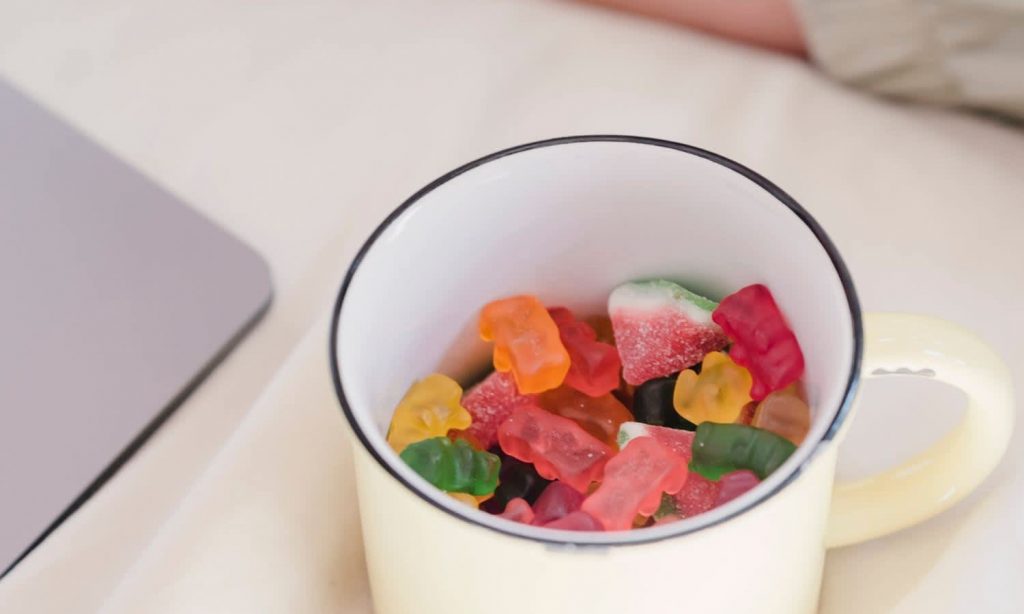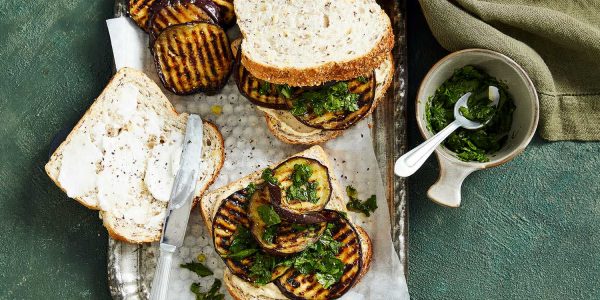Despite the popular belief that food cravings relate to a specific deficiency in the diet, food cravings are actually closely linked to emotions and behaviours — or the conditioning model of food cravings.
And, while keeping a record of your food intake long-term isn’t realistic — or mentally healthy — a short-term capture of what and when your food cravings are, alongside the emotions/behaviours that accompany them, can help you navigate your way through the who, what, when, where and how of cravings. And then? You can start taking some healthy, easy steps to move forward.
If you’re craving…something sweet
Then ask yourself, “Am I getting enough sleep? Am I working around the clock? Am I sneaking in more sugar than I realise? Am I using sugar and sweets because they give my brain a ‘feel good fix’ and I’m not getting it otherwise?”
You might tick all the boxes. Start one at a time.
If it’s sleep, then make sleep a priority for you. Switch off earlier in the evening, boost your energy naturally and consider supplementation to relax both your mind and body into rest.
If the to-do list is too long, and you’re working yourself into the ground (turning to sugar in the process to keep up) then pop personal boundaries in place. If it’s a feel-good fix, identify the timing and break the cycle with an activity dissociated from sugar — walk around the block, 5 minutes of stretching, cranking Mariah Carey and belting out some tunes — something that makes you feel good, without the sugar.
If you’re craving…something salty
Look at the frequency of your take-out meals, processed snacks and perhaps if there has been an incremental increase (even in terms of cooking at home) of sodium in your diet. Why? Because the more you eat salt the more you crave it.
If so, then try reducing your take-out consumption, planning your snacks and shopping for them in advance so you’re not grabbing them on the go. When weaning clients off salt, I encourage seasoning foods with alternatives such as herbs, chilli, nori and dulse rather than the big kick of salt all the time.
If you’re craving…caffeine
Consider, ‘Is there just too much on my plate and am I asking my brain for too much?’ Has there been a change in environment recently? A new job and more coffee meetings that have bumped up consumption? If there’s too much on your plate and your brain is on overload, then reducing your to-do list and being focused rather than mashing and juggling too much is important.
If you decide to pull back on caffeine, consider natural supplementation for brain and focus such as Healthy Care’s Brain Booster Ginkgo Biloba which has been formulated with high strength ginkgo Biloba, ashwagandha, Rhodiola, B6 and B12 to support cognitive function and learning and will help our bodies adapt to stress.
If you’re craving…carbs
The question I ask clients here is “what’s the relationship you have with carbs as a food group?” Have you previously restricted carbs (through dieting) and put a negative light on them — even though they’re an incredibly healthy and important energy source for our bodies? Is the association with carbs conditioned? For example, ‘I’m rewarding myself for x with a big carby pasta meal for dinner.’
When there are emotions and behaviours tied up with foods it can take a while to break this down, but it’s an important step. Firstly, remind yourself — carbs can be a healthy, integral part of your diet. Whilst not all carbs are created equal e.g. cakes and pastries vs wholegrain bread, jelly beans vs black beans; whole plant-based sources of carbohydrates contain an abundance of nutrients providing energy to sustain us during the day.
Carbs aren’t your enemy, nor should they be based on reward. Break down how your relationship with carbs may have been affected by other factors in your lifestyle and mindset; work on making friends with carbs once again to reduce those heightened cravings.
Jacqueline Alwill is an accredited nutritionist, who you can find at @brownpapernutrition.
Read more stories from The Latch and subscribe to our email newsletter.







